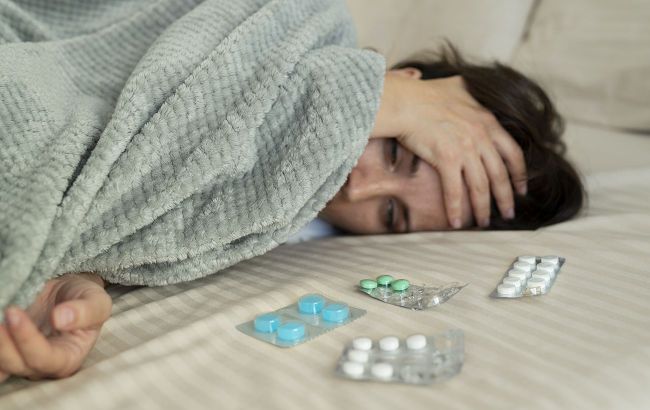Avoid taking this painkiller after consuming alcohol
 Illustrative photo (Photo: freepik.com)
Illustrative photo (Photo: freepik.com)
Combining medication with alcohol is always a bad idea, even if you've waited at least 6 hours between taking pills and consuming alcohol. However, there is one painkiller that is categorically incompatible with alcohol, according to Express.
According to the Chief Pharmacist at Chemist Click, Abbas Kanani, the most significant danger in combination with alcohol is posed by paracetamol. The consequences are amplified during the New Year holidays when this painkiller is taken for headaches or other types of pain.
Kanani specifically advises against using paracetamol to treat hangover symptoms like headaches, dizziness, nausea, and dehydration.
This warning is associated with the potential interaction of paracetamol with alcohol, which could increase the risk of liver damage. Paracetamol, especially in high doses, is known for its hepatotoxicity, the primary cause of liver failure.
The expert suggests using ibuprofen as an alternative for headaches or hangovers. However, he notes that this type of painkiller may not suit everyone, and it should be used very cautiously after consuming alcohol.
"Paracetamol can potentially interact with alcohol and increase the risk of liver damage," he stated.
The British Liver Trust recognizes the liver toxicity of high doses of paracetamol, and the National Health Service (NHS) claims that it's generally safe to take paracetamol after moderate alcohol consumption. However, what constitutes moderate can significantly differ among individuals depending on factors such as body weight, age, and overall health.
Preventing hangovers and thus avoiding the need for such procedures is the best approach. This involves moderate alcohol consumption and maintaining hydration. Additionally, Abbas recommends eating something high in carbohydrates before consuming alcohol to slow down its absorption in the body.
Previously, we wrote about which soups are best for calming the stomach and relieving hangovers.
This material is for informational purposes only and should not be used for medical diagnosis or self-treatment. Our goal is to provide readers with accurate information about symptoms, causes, and methods of detecting diseases. RBС-Ukraine is not responsible for any diagnoses that readers may make based on materials from the resource. We do not recommend self-treatment and advise consulting a doctor in case of any health concerns.

